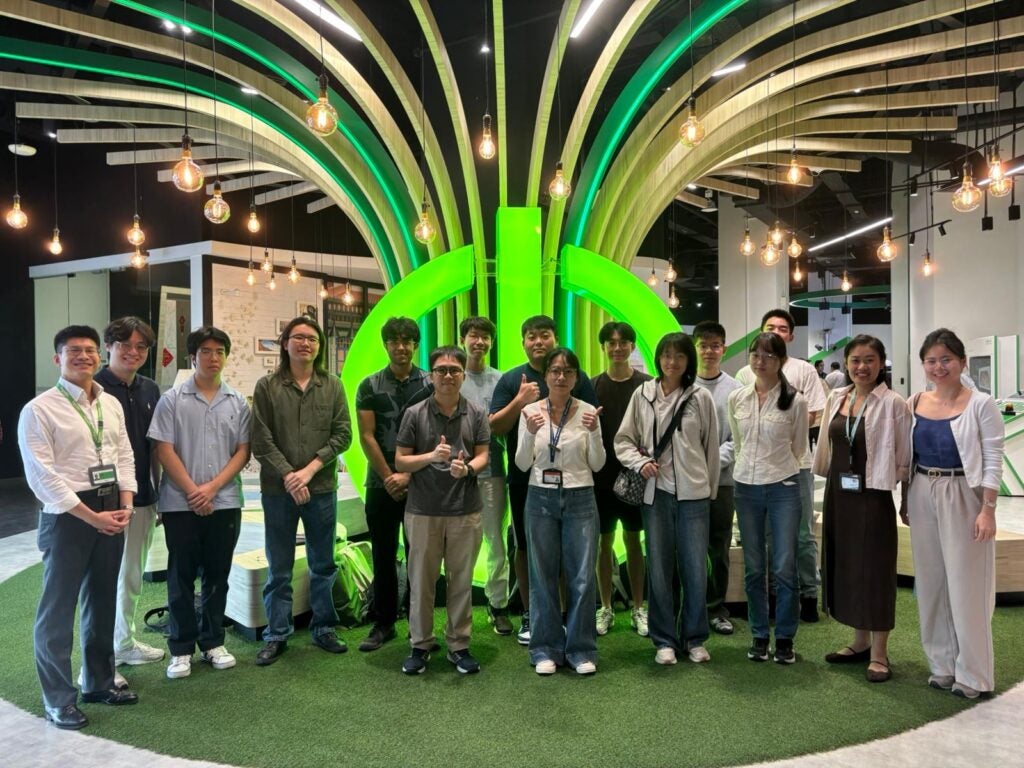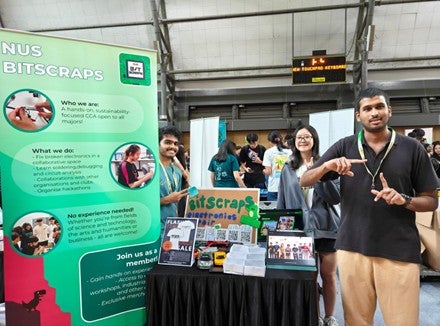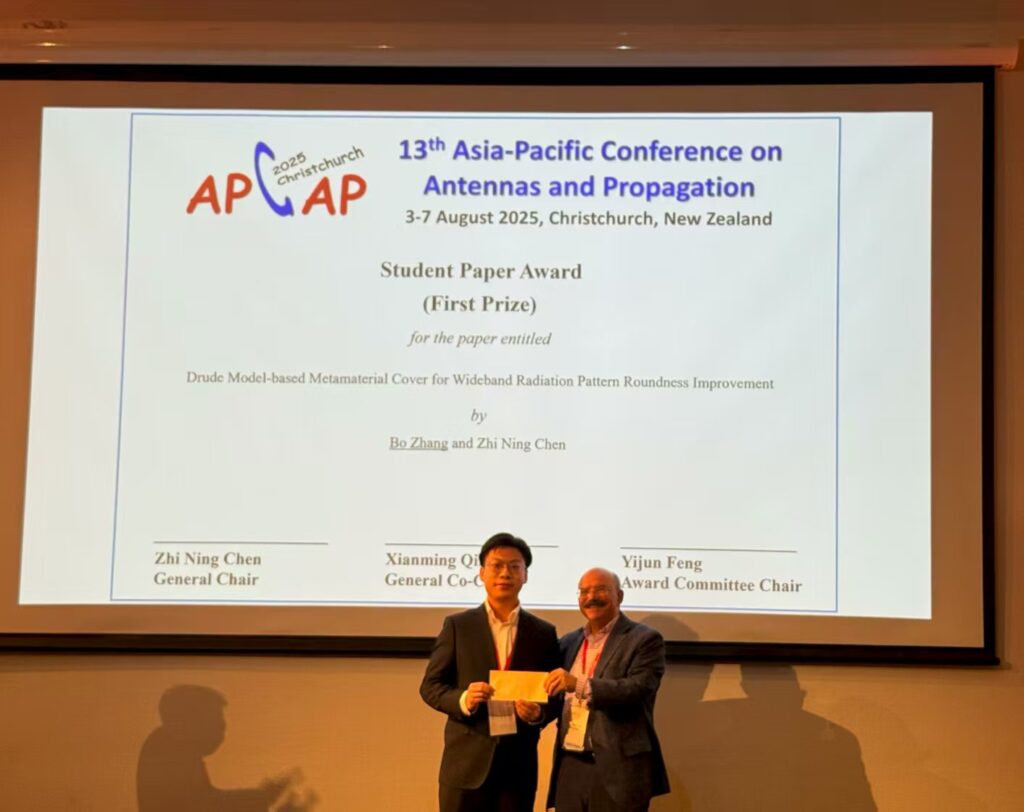A research work led by Associate Professor Ang Kah Wee from the Department of Electrical and Computer Engineering at NUS has won the Best Demo Paper Award at the 2019 Symposia on VLSI Technology and Circuits held on June 9-14, 2019 in Kyoto, Japan.
The winning paper is entitled “First demonstration of a fully-printed MoS2 RRAM on flexible substrate with ultra-low switching voltage and its application as electronic synapse“. This work was done in collaboration with the University of Cambridge and A*STAR Institute of High Performance Computing.
The VLSI Symposia is a premier international conference on semiconductor technology and circuits that offers an opportunity to interact and synergize on topics spanning the range from process technology to systems-on-chip. In 2019, a total of 13 entries out of nearly 150 papers from leading industry companies and academic institutions were selected from both the Technology and Circuits Symposiums to compete for the award. The demonstration showcased by NUS ECE team consisting of Associate Professor Ang Kah Wee and PhD student Feng Xuewei has emerged as one of the two winners to clinch the award this year.

Associate Professor Ang Kah Wee (right) and Ms Feng Xuewei (left) , who are from the Department of Electrical and Computer Engineering at the NUS Faculty of Engineering, showcasing the demonstration of a novel two-dimensional molybdenum disulfide (MoS2) resistive random access memory (RRAM) that can be fully realized by aerosol-jet printing on flexible substrate, which holds potential for mimicking artificial synapse in neuromorphic computing application.




